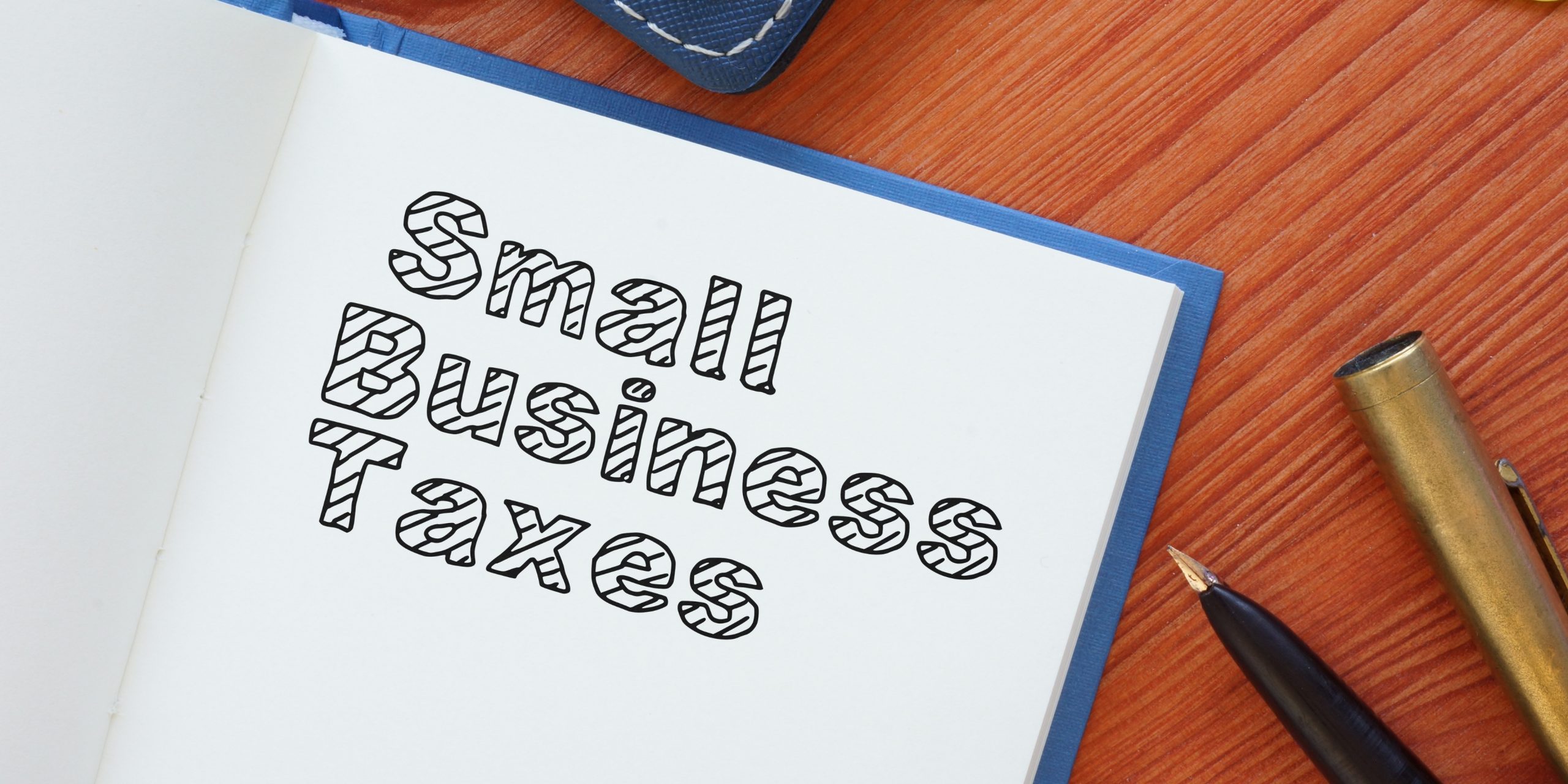Small businesses are at the core of the Australian economy and the backbone of the nation itself. Tax Season every year often brings up those dreaded skeletons in the closet that many small business owners have put on the backburner whilst they focus on growing the business. Whether you are dealing with taxes as a business owner or you’re a seasoned small business accountant looking to brush up on your tax knowledge, the following five key recommendations can help you stay on top of your small business accounting.
1. Determine whether or not you are required to pay GST
Businesses with a GST revenue of $75,000 or more need to register to pay the Goods and Services Tax (GST) in order to do business. If you are unsure whether or not your business will reach that level but anticipate coming year, you should proceed with registering for GST or seek advice from a qualified small business tax accountant. Once registered for GST, you will also be required to process monthly or quarterly Business activity statements (BAS).
2. Actively manage withholdings with PAYG
The withholdings made from your workers’ gross salaries are referred to as pay as you go (PAYG) withholdings. It is your responsibility to determine how much tax should be withheld from your workers’ pay checks.
Small business owners must deduct the required withholdings from employee pay checks and employees should then file an income tax return, depending on their circumstances.
3. Consider using the instant tax write-off
Most small businesses can take advantage of one of the greatest tax advantages. The instant asset write-off enables your company to purchase capital assets while simultaneously reducing your taxable earnings without having to wait for depreciation.
Keep in mind that you must deduct any assets that are used for private purposes from your total claim. Only the part of the total that was utilised to generate assessable income is taxed. The entire cost of the asset, however, must be less than the threshold even if only the part related to the taxable purpose is deducted from the gross income.
4. Check whether you meet the tax-free threshold
If you are a sole trader, check to see if you fall under the tax-free threshold. A sole trader is the most basic kind of small business. Sole trader arrangements are taxed as part of your own personal income, just like most employees.
Unsure whether you meet the Tax-Free threshold? Click here to find out the Tax Brackets in Australia.
5. Keep your tax records for at least 5 years to avoid penalties and interest.
If the Australian Taxation Office (ATO) ever has to ask about your taxes, having all of your papers readily accessible and organised can make your life a lot simpler. Tax records must be kept for a minimum of five years under the law, according to ATO regulations. This includes all sales receipts and invoices, as well as bank and credit statement copies, employee records, and other related documents.
Conclusion
You have complete control over your money when you work for yourself, which is one of the many benefits of being your own boss. As a result, many owners choose to conduct their own tax preparation and filing rather than go for a small business accountant. Tax deadlines, on the other hand, may come up fast, and you may not have the resources to guarantee that you get the most out of your tax advantages. So it is always recommended to leave your small business accounting in the hands of a qualified professional.

